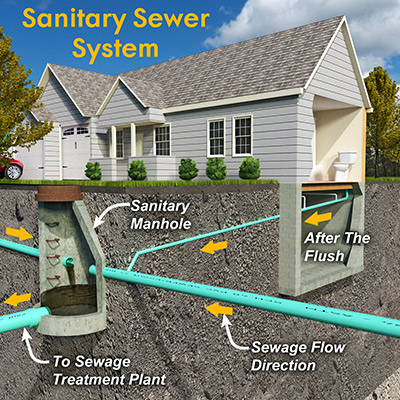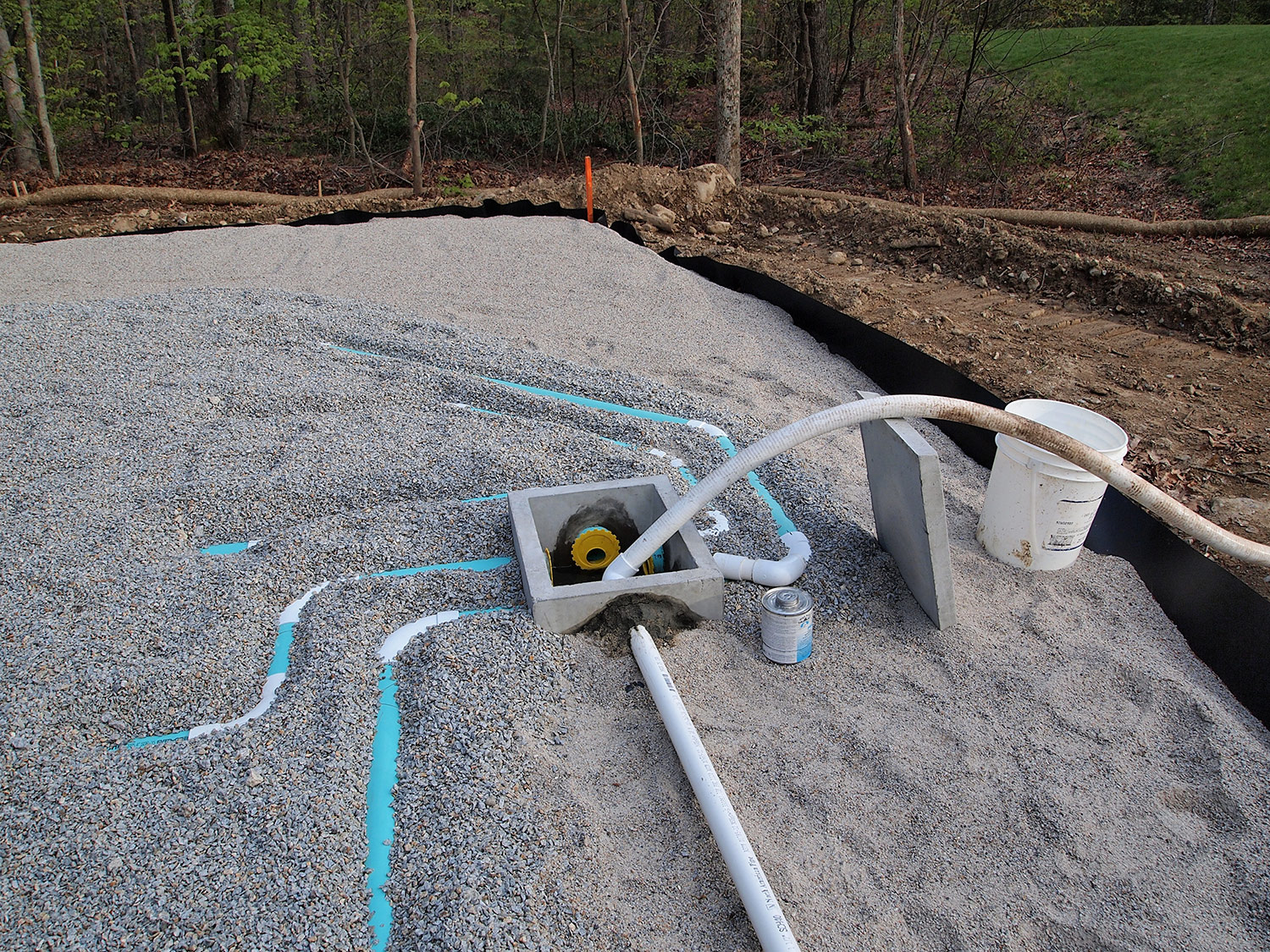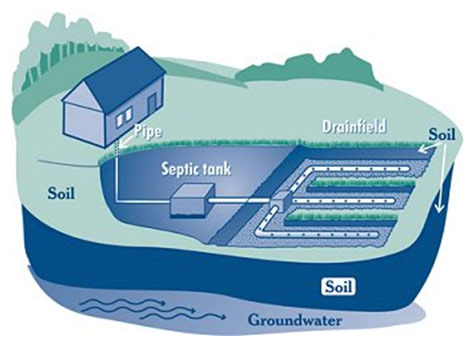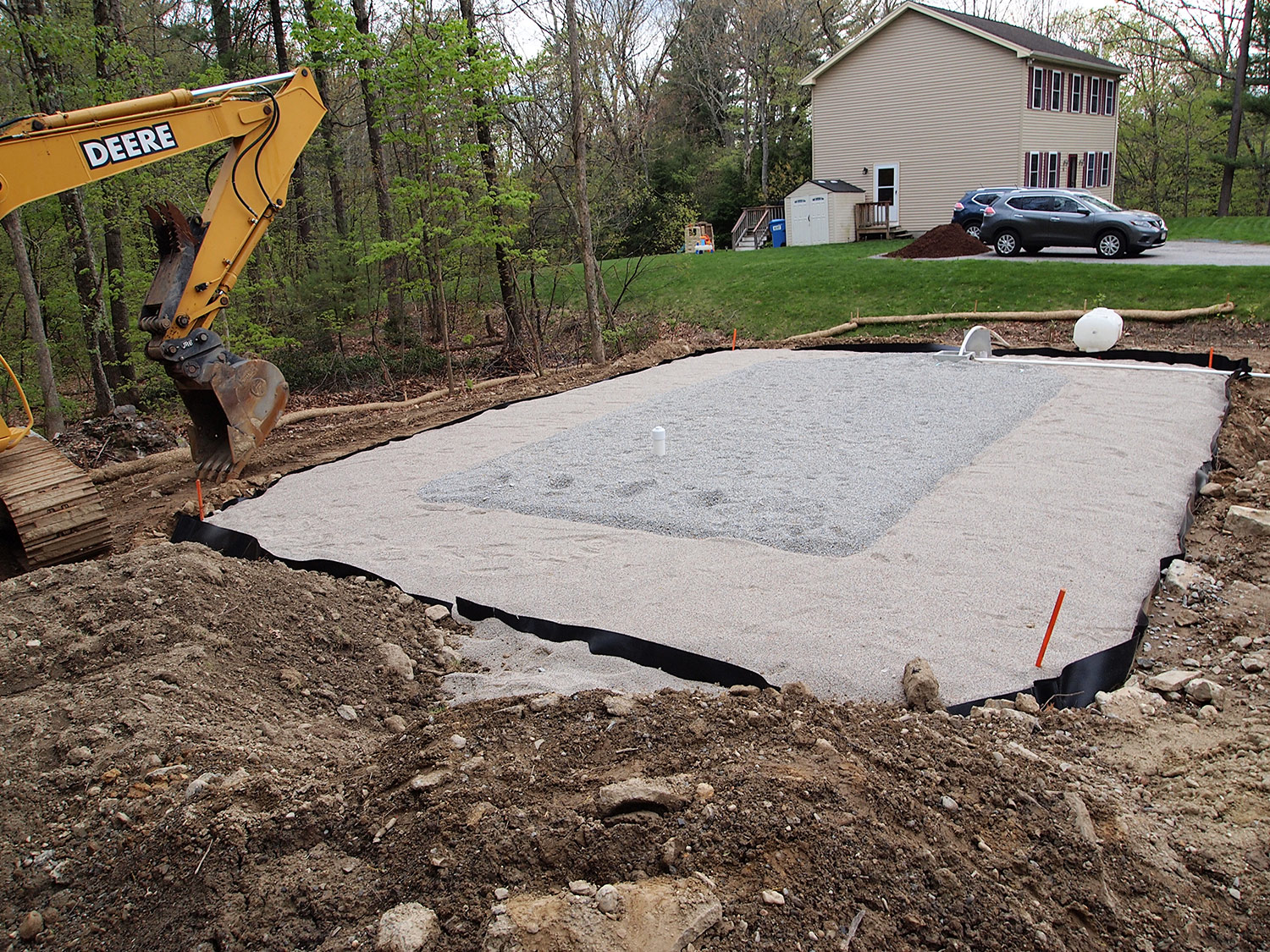
If your septic system fails inspection, Title 5 allows up to 2 years to get it fixed or upgrade the system. The local board of health needs to be contacted first, and they need to approve all upgrades and most repairs. The board of health will tell you what you will need to do.
Shop around. Get written estimates, check qualifications and references. You are under no obligation to have the person who inspected your system do the work on it. In fact, you may want to hire separate contractors to evaluate it or work on it. That way you know the work you need done is accurate and that you. While most septic system professionals are honest, as in any other profession there may be a few "bad apples" who try to take advantage of the consumer.
Repair or upgrade costs will vary depending on the nature of the problem, soil conditions, distance to water supplies, and the size of the lot. If you are planning to sell your home, keep in mind that Title 5 does not specify who must pay for the system inspections, repairs or upgrades. You may find during negotiations that the prospective buyer is willing to assume some or all of the costs.
Even if you plan to stay in the home, you may qualify for financial aid programs for septic system or cesspool repair or replacement:
- Many cities and towns have "betterment" programs for long-term, low-cost financing.
- State law provides for a system repair tax credit of up to $6,000 per homeowner.
- The Massachusetts Housing Finance Agency (MHFA) offers septic-system repair loans.
- USDA Rural Development offers single-family housing repair loans and grants.
For more information on Title V, upgrading or repairing your septic system, contact Morse Engineering and Construction.



